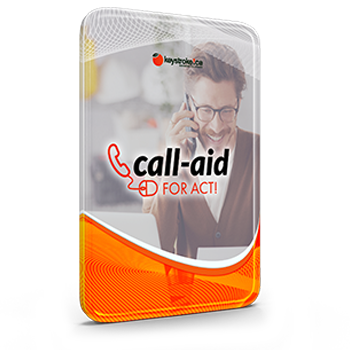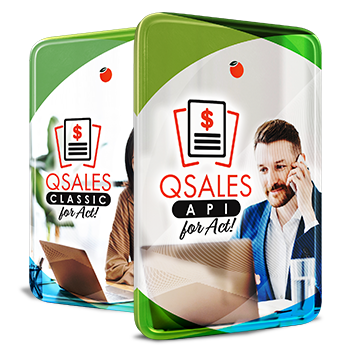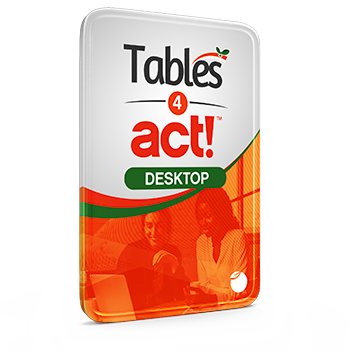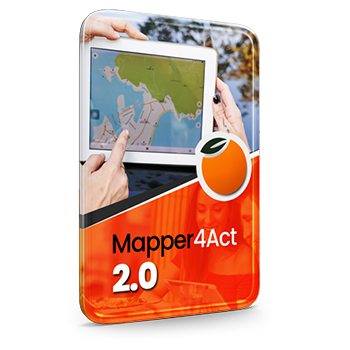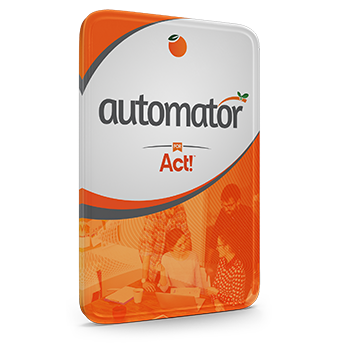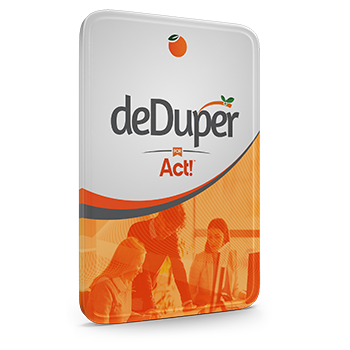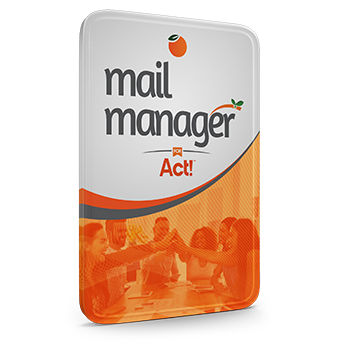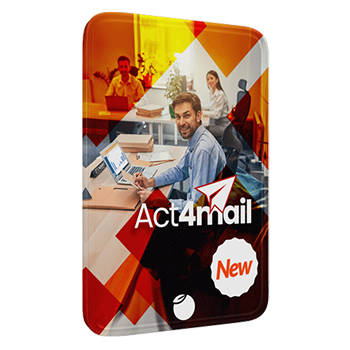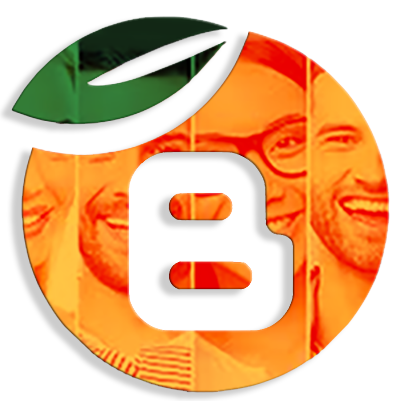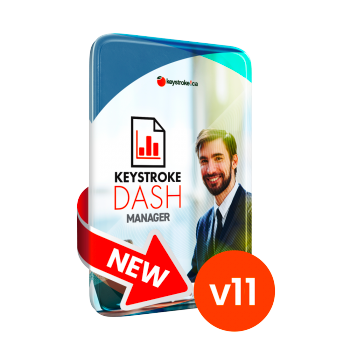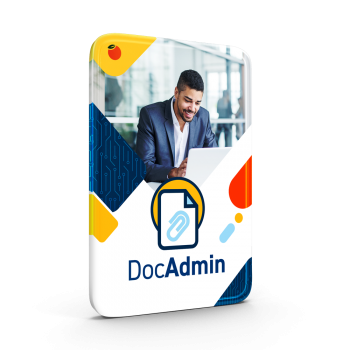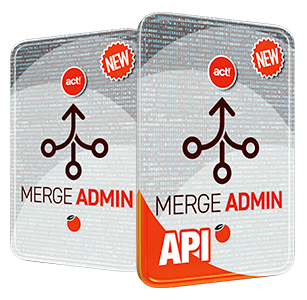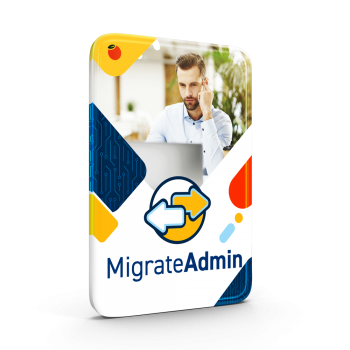You may know that if you intend to use someone else’s content on your website, in your brochure or in your store, you need to license the use of it—this goes for videos, writing, music, or photographs.
But we all make mistakes. Maybe you unknowingly used a photo on your homepage from one of these websites, or an employee added it to your brochure.
If that happens, you might receive a letter from a company telling you to either pay to license it or remove it from usage, or face legal repercussions. So you remove it from your site and hope that is the end of it. In many cases, that is the end—but what if it isn’t?
Let’s say a few months later, you receive an invoice from a law office stating you need to pay them $2,000 for copyright infringement, or they will take legal action. What is happening here?
You might be dealing with a copyright troll.
Unlike stock photography websites like iStockphoto and Shutterstock, who make money on licensing fees, trolls merely pose as stock photo websites. These companies’ main source of income comes from threatening those who unwittingly use their photos without a license.
That’s right: they want you to commit copyright infringement, so rather than the small potatoes of licensing a picture for $20 per year, they are hoping to land $2,000 from those who don’t know their rights.
Don’t worry. Here are your options.
According to an article by the Samuelson-Glushko Canadian Internet Policy and Public Interest Clinic, you have options if you receive an invoice from a law office. You could:
- Accept and pay the fee demanded.
- Negotiate for a lower fee.
- Offer a fee in line with what the company could expect for statutory damages (in Canada, $500 per work, up to $20,000).
- If you qualify as an innocent infringer, offer the company $200 per work as an equitable settlement offer.
- Tell the company that the work has been removed and say that ends the matter (and risk being sued).
- Ignore the company (and risk being sued).
So what do you actually owe them?
Generally, the courts in Canada are unlikely to award more than the minimum amount of $500 per work infringed. They also have the discretion to:
- Reduce damages up to $200 per unaware infringement.
- Reduce damages below the minimal amount where one medium, like your website, contains multiple infringing works and the total award would be grossly out of proportion to the infringement.
You should be aware that trolls are not interested in low settlement fees. You can expect a troll to reject what you might consider a fair offer to settle, or a proposed settlement fee that is equal to what you would have paid to use the image had you sought a license at the time. That does not mean that you have to pay the outrageous fees demanded by the troll. Again, it is a matter of risk: are you likely to be sued? Do you want to incur the expense and bother of protracted demands?
Now a “collections firm” is threatening your credit rating! Is this true? Can a troll threaten your credit rating?
No. A troll's demand is just that - a demand, an unsubstantiated allegation of copyright infringement. It is not until the demand turns into a successfully concluded lawsuit with a judgment against you that this demand turns into a debt.
At this point, if you refuse to pay the award of damages - the judgment debt - your credit may be threatened. If you look carefully at the troll's “collections” communications, you will see that it is not really a collections agency. Usually, this is just a division of the troll's business model, a part of the process of squeezing money from victims. It is deliberately deceptive and potentially unlawful.
